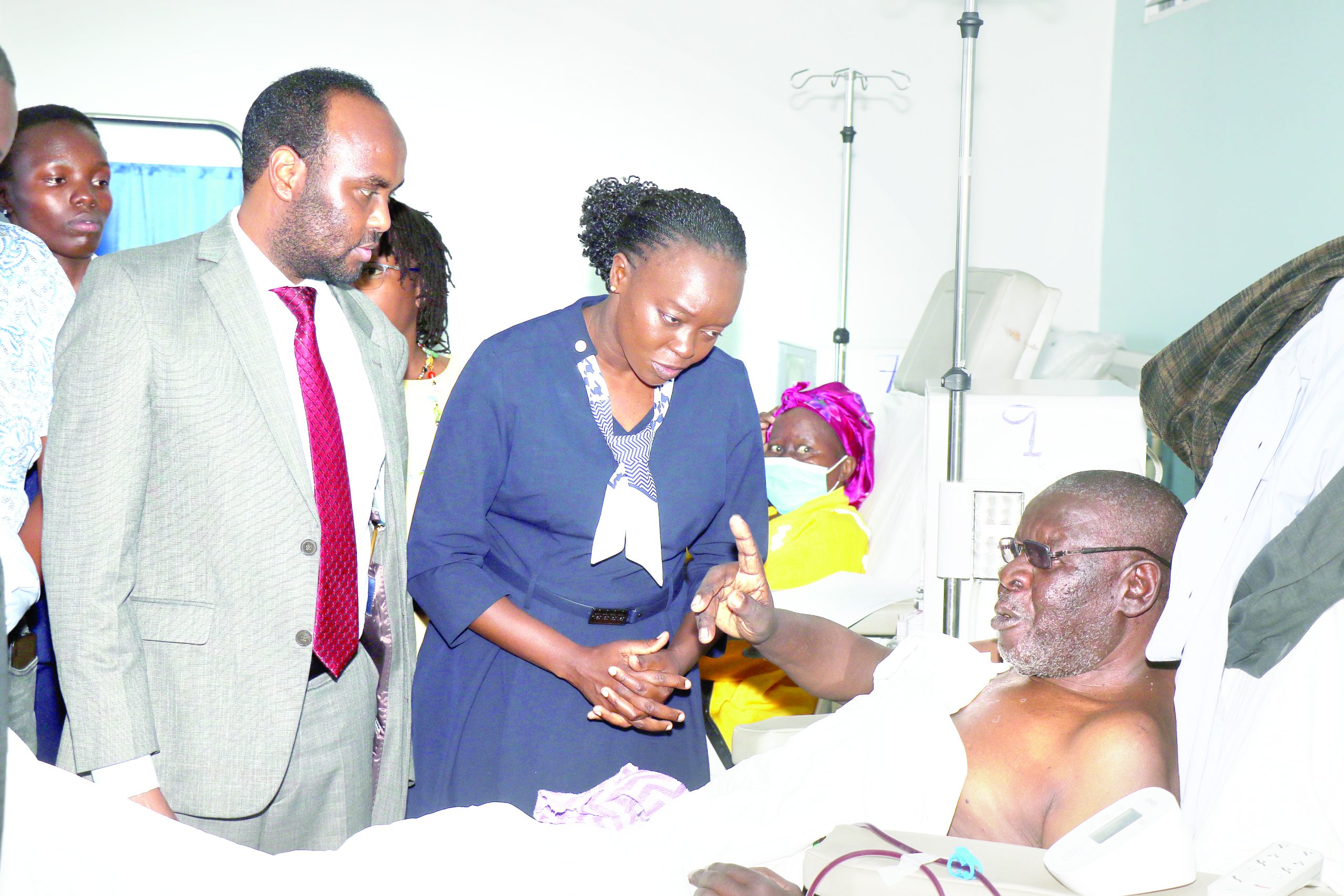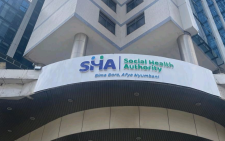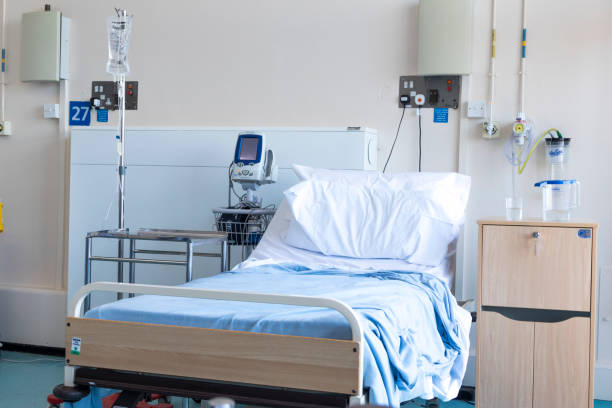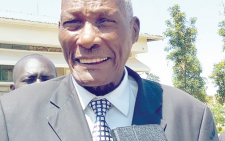The shift from the defunct National Health Insurance Fund to the new Social Health Insurance Fund has hit private healthcare facilities hard financially because of delayed or lower-than-expected payments.
More than half of the facilities (50.8 per cent) have been receiving less than Sh100,00 from SHIF, according to a survey by the Rural and Urban Private Hospitals Association conducted between October 28 and October 31.
The health providers say the money is insufficient to cover operational and payroll expenses. Of 146 respondents from 52 SHIF regions, an overwhelming 99 per cent (144 facilities) indicated they were facing financial distress, with only two reporting no distress.
Most healthcare facilities, the report shows, are grappling with operational costs, with nearly all (93.8 per cent) reporting difficulty covering operational costs such as rent, electricity and housekeeping. Some 89.6 per cent of facilities are struggling with payroll and supplier payments, while 75 per cent continue to face shortages of essential supplies, impacting patient care. Some 66 reported increasing debt and concerns over OTP delays.
Healthcare service providers urged the government to help improve services to SHIF beneficiaries by facilitating a stable and reliable portal, citing frequent downtimes, system bugs, and slow response times that hinder seamless patient care and claims processing.
They also called for timely payment of outstanding bills, saying that many facilities are experiencing financial strain due to delayed payments.
“There is a need for prompt reimbursements to sustain operations and ensure service availability for beneficiaries,” the survey recommended.
“We also recommend extensive public education on [SHIF] benefits and processes, as well as continuous training for healthcare staff on portal usage, claims, and patient management to improve system navigation and understanding.”
They also asked for a simpler registration and verification process for beneficiaries, alongside streamlining OTP verification and addressing data migration issues.
Shift to SHIF financial strain on providers Survey of private hospitals shows reimbursements are insufficient to cover operations and payrolls However, 79 per cent of them reported facing challenges, with the most cited being process uncertainty (59 per cent ) and technical issues (35 per cent ).
“Additionally, 22 per cent of credentialed providers are not using the portal due to reasons like inadequate training and poor user experience,” noted the survey.
Sluggish portal
Meanwhile, 50 per cent of the 73 per cent of providers who conduct procedures requiring pre-authorisation reported experiencing no challenges, with those challenged citing sluggishness of the SHIF portal, auto-approval of any preauthorised amounts, and OTP delays.
Some 87 per cent of providers reported challenges with patient verification and registration, with the most frequently reported challenges being missing dependents (29 per cent ), navigation issues (19 per cent ), and OTP delays (14.3 per cent ).
Some 60 per cent of respondents reported issues with system downtime, sluggishness, and constant changes, with an additional 20 per cent expressing difficulty meeting bank loan payments, 34 per cent at risk of their property being auctioned due to debt and 22 per cent involved in cases in small claims court.
“Additional issues reported at lower levels included CRB listings, and psychological stress among facility managers, all tied to the financial strain of managing healthcare services under tight cash flow conditions,” the report says.
A significant majority, 68.9 per cent (93 facilities), received payments covering less than 10 per cent of their outstanding claims, highlighting substantial gaps in reimbursement.
Outstanding claims
Only a few facilities (about 1.5 per cent) received payments that covered more than 60 per cent of their outstanding claims, indicating that most payments are insufficient to meet accumulated financial obligations.
To address the financial difficulties many healthcare providers are facing, the government was urged to ensure quality healthcare services continue to be offered.
The survey, which also touched on other metrics related to SHIF, including portal functionality, claim submission, patient verification and provider training needs, indicated a better transition scorecard of 46 per cent, up from 34 per cent on October 12.
Some 80 per cent of service providers have credentials registered on the SHIF portal. Among those with access, 13 per cent experience access challenges due to inadequate ICT infrastructure and frequent portal downtime.
On claim submissions and management, 61 per cent of credentialed providers reported being able to successfully submit claims


















